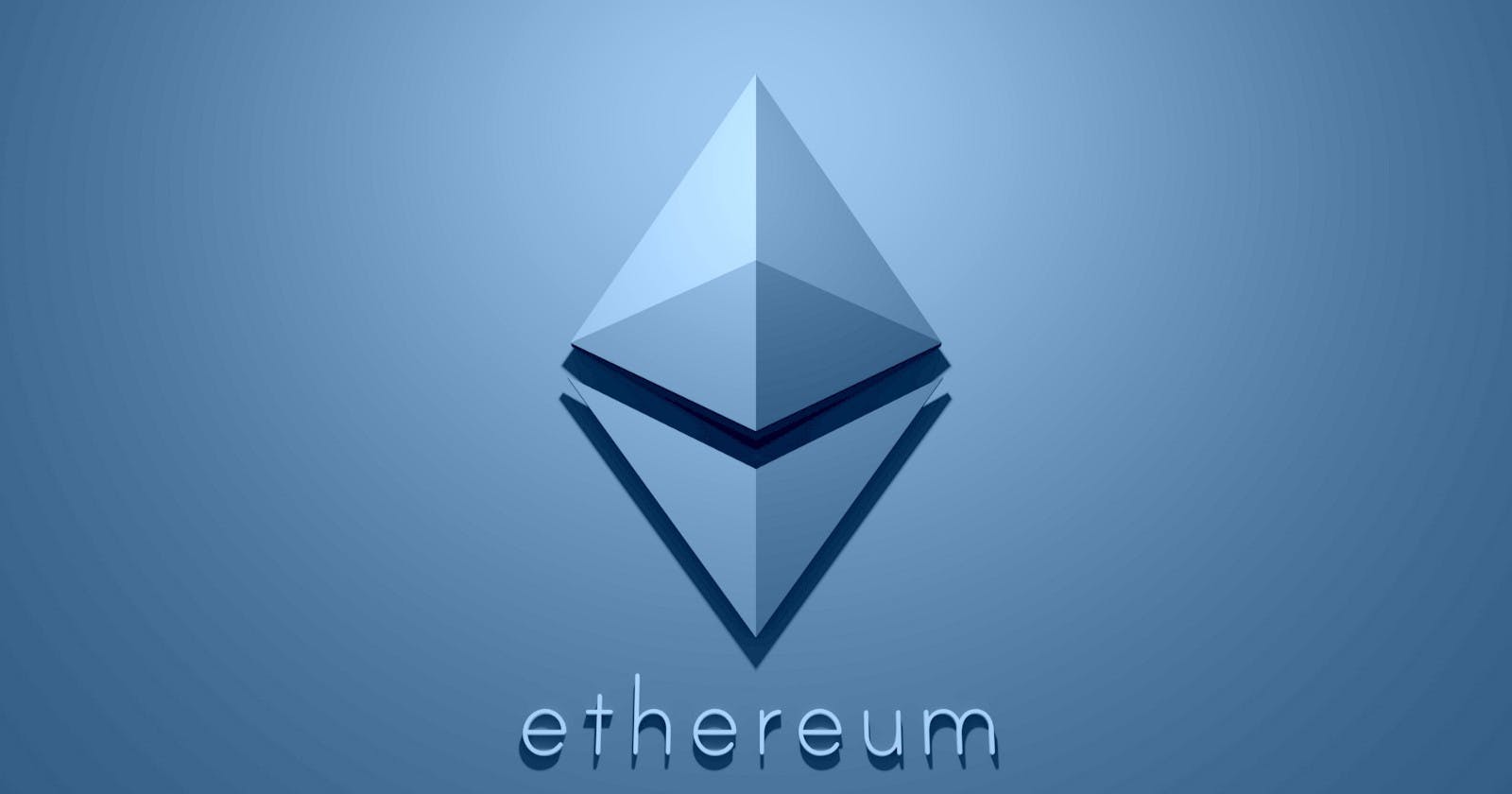Ethereum and Ether: Exploring the Foundation of Decentralized Applications
In the world of blockchain and cryptocurrencies, Ethereum and its native cryptocurrency Ether (ETH) have emerged as groundbreaking innovations that have revolutionized the way we think about decentralized applications and smart contracts. Created by Vitalik Buterin and released in 2015, Ethereum has since become one of the most influential and widely adopted blockchain platforms, opening up a world of possibilities for developers, businesses, and individuals alike.
Ethereum, often referred to as the world's programmable blockchain, goes beyond the limitations of traditional cryptocurrencies like Bitcoin by enabling the execution of complex, Turing-complete smart contracts on its decentralized platform. While Bitcoin primarily serves as a digital currency, Ethereum acts as a global, open-source computing platform that allows developers to build and deploy decentralized applications (dApps) without the need for intermediaries or centralized authorities.
At the core of Ethereum's functionality lies its cryptocurrency, Ether (ETH). Ether serves multiple purposes within the Ethereum ecosystem. Firstly, it acts as a fuel for executing smart contracts and powering decentralized applications. Whenever a user interacts with a smart contract on the Ethereum network, they pay a fee known as "gas" in Ether, which incentivizes miners to validate and include the transaction in the blockchain.
Secondly, Ether serves as a digital asset with its own intrinsic value. It can be bought, sold, and traded on various cryptocurrency exchanges, making it a valuable investment and speculative asset for individuals and institutions. Ether's market capitalization has grown significantly since its inception, and it remains one of the largest cryptocurrencies by market cap.
Ethereum's underlying technology, known as the Ethereum Virtual Machine (EVM), is a runtime environment that executes smart contracts and runs decentralized applications. It provides a secure and sandboxed environment for developers to write code that will be executed deterministically across all nodes in the Ethereum network. This allows for the creation of trustless applications that operate without the need for a central authority.
Smart contracts, which are self-executing contracts with predefined rules and conditions encoded into their code, are one of Ethereum's most significant innovations. They enable the automation and enforcement of agreements between parties, eliminating the need for intermediaries and reducing costs and inefficiencies. Smart contracts can be used for various applications, including decentralized finance (DeFi), supply chain management, identity verification, and more.
Ethereum's versatility and potential have attracted a vibrant community of developers, entrepreneurs, and enthusiasts who actively contribute to its growth and ecosystem. This community has given rise to a vast array of decentralized applications and projects built on the Ethereum blockchain, ranging from decentralized exchanges (DEXs) like Uniswap to non-fungible token (NFT) platforms like OpenSea.
However, Ethereum has faced challenges in terms of scalability and high transaction fees due to its design. To address these issues, Ethereum is undergoing a significant upgrade known as Ethereum 2.0 or Eth2. This upgrade introduces a new consensus mechanism called Proof of Stake (PoS) and a shard-based architecture, which aims to increase scalability and reduce energy consumption.
The transition to Ethereum 2.0 is taking place gradually, with the Beacon Chain already launched as the foundational PoS chain. The full implementation of Eth2 will occur in multiple phases, ultimately enabling Ethereum to process thousands of transactions per second, making it more efficient and sustainable.
In conclusion, Ethereum and its native cryptocurrency Ether have reshaped the landscape of blockchain technology by providing a powerful and flexible platform for building decentralized applications and executing smart contracts. With its robust ecosystem, Ethereum has become a hub for innovation and experimentation in various industries, paving the way for a decentralized and programmable future. As Ethereum continues to evolve with the upcoming Eth2 upgrade, its potential for transforming industries and empowering individuals remains significant.

